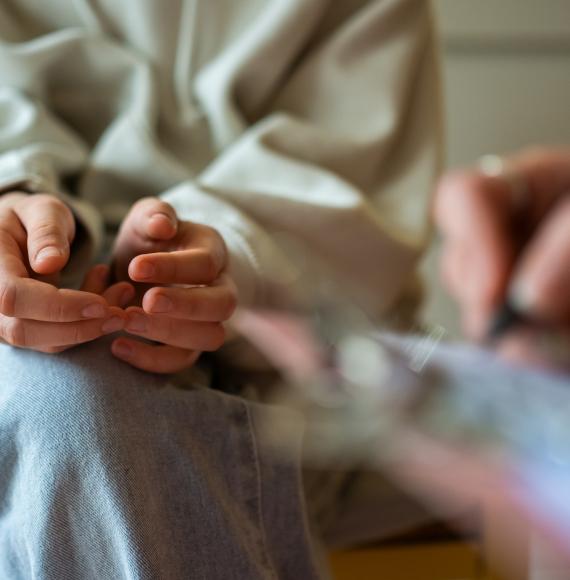The NHS are set to launch a world-leading laser therapy treatment for those suffering from epilepsy, which is expected to benefit up to 150 patients every single year.
The ground-breaking treatment involves a 1.5mm-wide fibre optic laser targeting the part of the brain causing seizures and subsequently destroying it by heating it up.
By carrying out the treatment this way, clinicians can avoid neighbouring brain tissue, blood vessels and other important structures, which allows the small wound to heal quickly, ultimately enabling patients to go home the next day with minimal risk of side effects or infection.
The treatment, a nationwide first, is for those who have not responded to other forms of treatment – specifically, it will be for those who have focal epilepsy that hasn’t been arrested by two or more anti-seizure medicines, as well as being assessed at an epilepsy surgery centre.
Patients must also suffer from a type of epilepsy that would render open neurosurgery extremely high-risk, as well as being further investigated by a multidisciplinary team.
NHS national medical director, Professor Sir Stephen Powis, said: “This pioneering laser beam treatment for epilepsy patients is life-changing and will offer hope to hundreds of people every year who have not had success in preventing seizures with traditional drugs.
“By replacing invasive neurosurgery with a cutting-edge laser therapy, allowing clinicians to better target the parts of the brain causing the epilepsy, we not only dramatically reduce risks to these patients, but drastically reduce their recovery time both in and out of hospital.
“The treatment is yet another example of how the NHS continues to deliver on its NHS Long Term Plan commitment to secure the latest medical innovations for patients while also using our commercial means to ensure value for money.”
Approximately 600,000 people are living with epilepsy in the UK with one in three of those being unable to control their seizures with drugs alone, potentially forcing them to through with invasive neurosurgery to rectify the problem.
Such surgery is only considered in patients who haven’t found a solution to their seizures in other treatments and includes a seven-day stay in hospital, followed by three months of recovery time at home, where patients risk pain, infection and other side effects.
NHS medical director for specialised services, Professor James Palmer, said: “This innovative laser therapy is a game-changing breakthrough for patients who have not had success with traditional forms of treatment to control their seizures and will give those with epilepsy a real chance to live a normal life.
“The NHS is committed to rolling out cutting-edge treatments as quickly as possible – it is just one of seven new innovations that the NHS is making available to patients from today across the country following the latest review of treatments and technologies that should be prioritised for investment.”



















